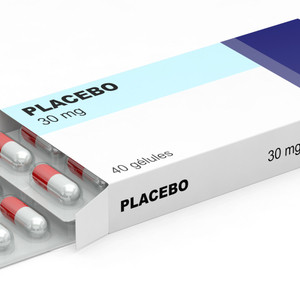
Fabrizio Benedetti is Professor of Physiology and Neuroscience at the Faculty of Medicine of the University of Turin in Turin, Italy. He is known for his research on placebo and nocebo effects.
The Matterhorn provides a real world setting at 3,500 metres to simulate altitude sickness.
Prof. Benedetti conducted an experiment in which he permanently monitored the blood and brain activity of his test subjects from the moment of arrival.
He investigated the question of how belief and expectation affect the biophysical conditions of the test persons.
If the brain is not supplied with enough oxygen at this altitude, the brain produces more PROSTAGLANDIN E2 to dilate the vessels and thus supply more oxygen to the brain. However, this causes the first symptoms of altitude sickness, namely headaches.
If you now supply oxygen, the release of prostaglandin E2 is reduced and thus the symptoms of altitude sickness are also reduced.
In this research project, the aim was to compare the behaviour of subjects who were given oxygen with those who actually breathed the pure ambient air.
All test persons, regardless of whether they were supplied with oxygen or ambient air, had the same result. Prostaglandin E2 decreased in the body and the headaches disappeared. Even in the exercise test, the subjects with natural ambient air were equally fit as those who had been given pure oxygen.
Information that is trusted can change reality and shape matter.
